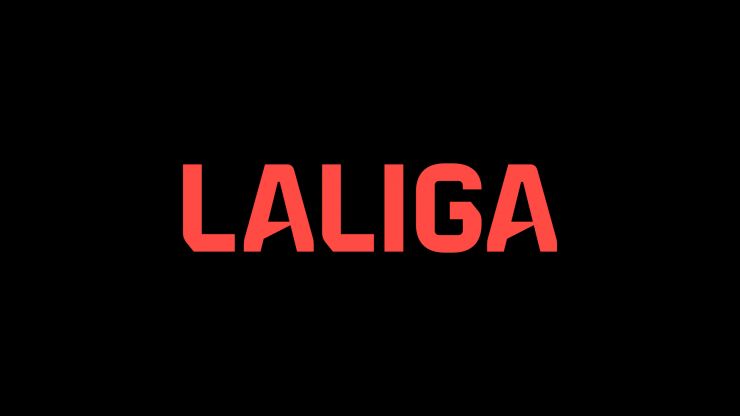Nota de Prensa
SAT 22.11.2025
LALIGA awaits for the European Commission to strengthen its Recommendation on combatting online piracy of sports and other live events, following the conclusions presented this Thursday 20 November. These conclusions are the result of thorough monitoring by the European Union Intellectual Property Office (EUIPO), which acknowledged the Recommendation’s ineffectiveness, the continued rise of online audiovisual fraud across the European Union, and its concentration during peak sporting periods.
Despite the Recommendation’s non-binding legal nature and its publication in 2023, reality has shown that voluntary measures and private enforcement are no longer sufficient. Legal tools have been outpaced by the speed and sophistication of pirate networks and services, making clear the need for European legislative support to provide an effective common framework for all Member States in the fight against piracy.
The report highlights a serious structural issue: the lack of cooperation from technology intermediaries such as hostings, CDNs, proxies, and cloud services when receiving notices of illegal content during live events. These actors often act as digital shields that obscure the origin of illegal streaming and circumvent blocking measures. This is a long-standing concern that LALIGA has publicly denounced, particularly regarding Cloudflare, and which it has also appropriately raised with the European Commission.
Notably, the European Commission itself concluded that the number of reported incidents involving the blocking of legitimate content is minimal in comparison to the total number of dynamic blocking measures implemented since the adoption of the Recommendation. Furthermore, it states that these measures already include sufficient safeguards, thereby endorsing the dynamic blocking strategies implemented by LALIGA and others.
The report also analyses how the application of dynamic judicial blocking orders varies significantly across Member States. Some countries have advanced systems in place, while others lack such mechanisms, creating a favourable environment for pirates.
This assessment aligns with many industry stakeholders. In fact, LALIGA, along with 36 major companies and organisations from the sports and audiovisual ecosystem, recently sent a letter to the European Commission urging the adoption of binding legislative measures with tangible outcomes. The Commission has acknowledged some of these calls in its report, including the need for clear deadlines for the takedown of pirated broadcasts and mandatory compliance for all intermediaries—not just hostings—but also CDNs, reverse proxy, alternative DNS, or VPNs.
LALIGA, along with the majority of audiovisual stakeholders in Europe, expects that new European legislation will soon be adopted, allowing all EU Member States to act under a unified legal framework. According to LALIGA, this will make enforcement more efficient and ensure unity among all parties affected by audiovisual fraud.
LALIGA’s anti-piracy strategy led to a 60% decrease in the piracy consumption rate in Spain during the 2024/25 season. This success was supported by several court rulings issued within Spanish jurisdiction. LALIGA remains committed to this fight and is hopeful for a long-awaited shift in the regulatory landscape across Europe.
Audiovisual piracy causes an estimated annual loss of €600–700 million to professional clubs and the wider sports industry in Spain alone, affecting areas of general interest such as contributions to the CSD, the RFEF, grassroots football, women’s football, and tax revenue. While the European Commission continues to assess the need to expand current measures and address the reluctance of certain intermediaries—such as Cloudflare—to cooperate with rights holders, LALIGA reiterates its willingness to collaborate with the relevant authorities and stakeholders. The goal is to move towards genuine, effective, real-time, cross-border cooperation that protects the value of live sports and audiovisual content.
© LALIGA - 2025
